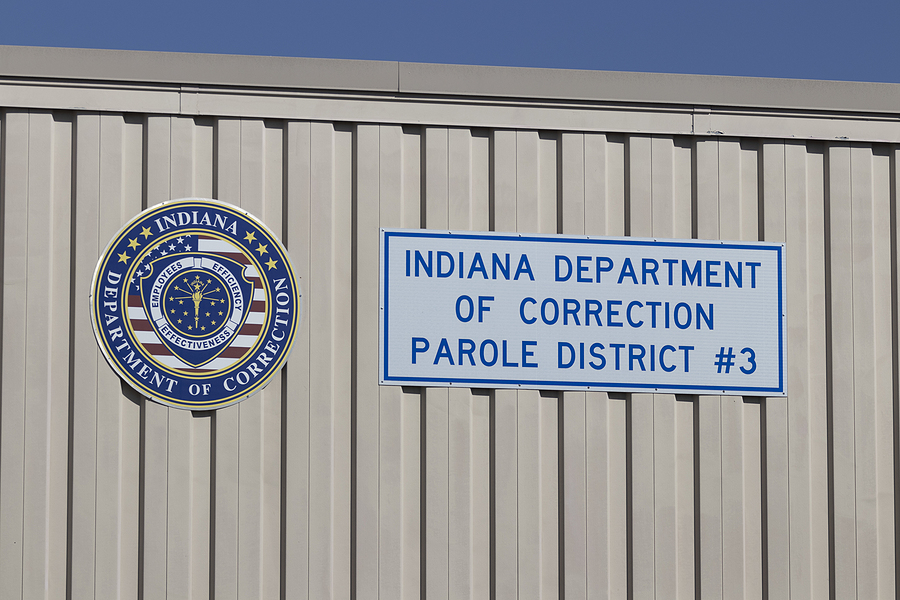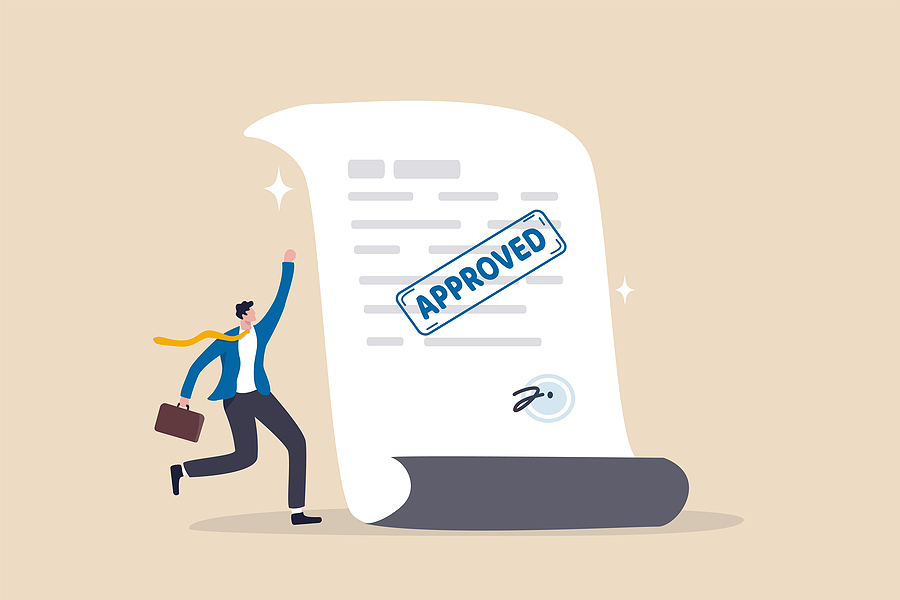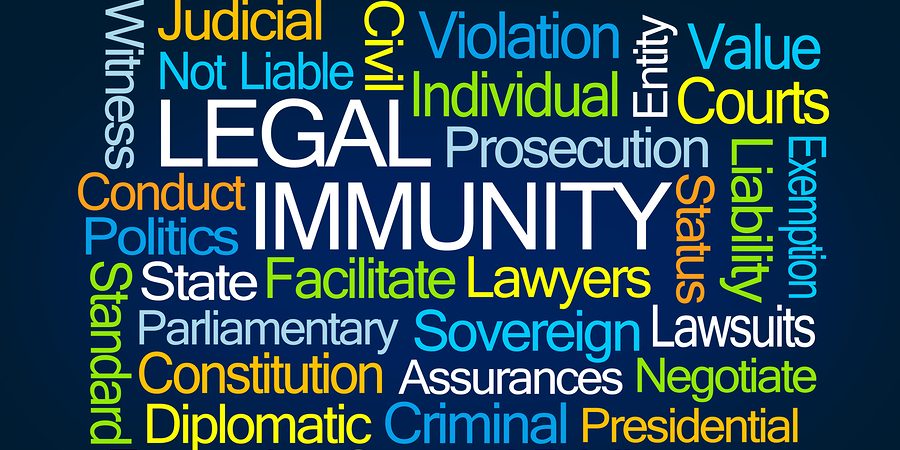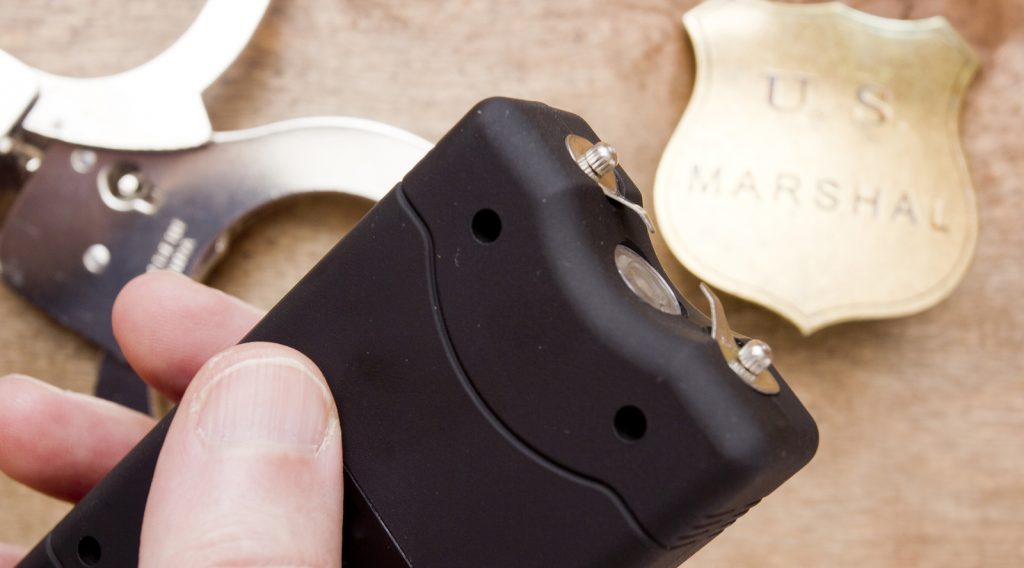Going to criminal court can be a nerve-wracking experience, and it’s important to go in prepared. Whether you are the defendant or a witness, understanding what to expect on your day in criminal court is vital for a successful outcome. Below are some tips that will help you prepare for the proceedings. With these steps taken care of beforehand, you’ll feel more confident walking into court and better positioned to protect your rights and interests throughout the process. Continue below to get started.

Preparation Tips for Defendants Who Wish to Represent Themselves in Court
Organize Your Paperwork
Before you appear in court, make sure you have all of the paperwork related to your case. This should include your criminal complaint or indictment, any subpoenas and orders issued by the court, and documents belonging to other parties involved in the case such as police reports and affidavits. Having everything organized will help you feel more prepared for what’s ahead.
Dress Appropriately
On your day in criminal court, dress as if attending a professional meeting or job interview. Avoid wearing anything too casual like t-shirts and jeans, revealing clothing, or loud colors and patterns that may be distracting during a trial. Remember that this is an important day for you so it’s best to look presentable at all times.
Know the Charges Against You
Knowing the details of your case is essential for defending yourself in court. Make sure to review the criminal complaint or indictment and familiarize yourself with the charges brought against you and what penalties may be imposed if found guilty. This will also help to ensure that any plea bargain offered by prosecutors is fair and allows you to avoid harsher punishments down the line.
Be Aware of Any Potential Witnesses
In some cases, there may be a witness present in court who can testify on behalf of either party involved in the case. If this is the case, make sure to research their background beforehand so that you can prepare an appropriate legal argument based on their testimony if needed. It’s also important to research any potential witnesses listed in the criminal complaint or indictment as they could be essential to your defense.
Review Evidence That May Be Presented
A good way to prepare for a criminal court appearance is by reviewing the evidence that may be presented during the trial. This can include items such as photographs, audio recordings, or documents gathered by law enforcement officers. By familiarizing yourself with this material before it’s presented in court, you can better defend yourself if needed and ensure that all of your rights are being respected.
Research the Judge Who Will Preside Over Your Case
Knowing who will be presiding over your case is another important step when preparing for a day in criminal court. Researching their background, history on similar cases, and any potential biases they may have towards you (or your defense) can help you determine the best strategy to take during the proceedings.
Consider Hiring an Experienced Criminal Defense Attorney
The best way to ensure you avoid the maximum penalties for your charges is to NOT represent yourself, and instead, hire a criminal lawyer. An experienced criminal defense attorney can be extremely beneficial when it comes to preparing for and representing yourself in a criminal court trial. They will help ensure that all of your rights are being respected, guide you through the legal process, and provide advice on how to effectively defend yourself in court. Ultimately, a good lawyer is essential for achieving an outcome in your case.
Conclusion
By following these steps, you’ll be well-prepared for your day in criminal court and better positioned to protect your rights throughout the proceedings. With the right preparation, you can face the court with confidence.
Are you looking for a skilled and experienced defense attorney to represent your best interests in court? Contact Attorney David E. Lewis at 317-636-7514 to speak with a seasoned criminal defense lawyer in Indianapolis, Indiana. Our criminal lawyers will get you the best possible outcome to your criminal case!
Related Posts:
Can I Represent Myself in a Criminal Case?
4 Reasons to Fire Your Lawyer and Hire a New One
How to Determine if You Need to Hire a Criminal Attorney or Not










